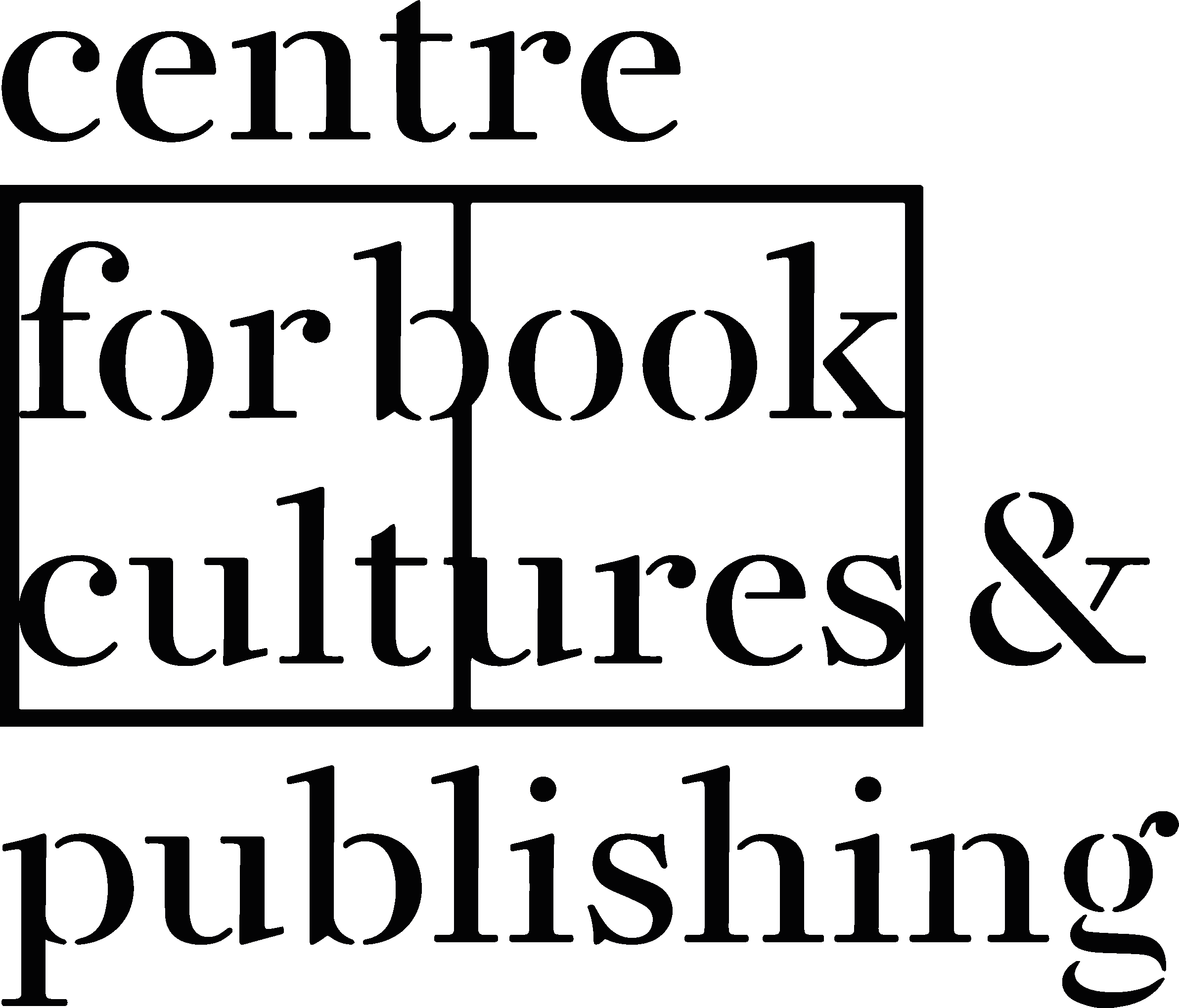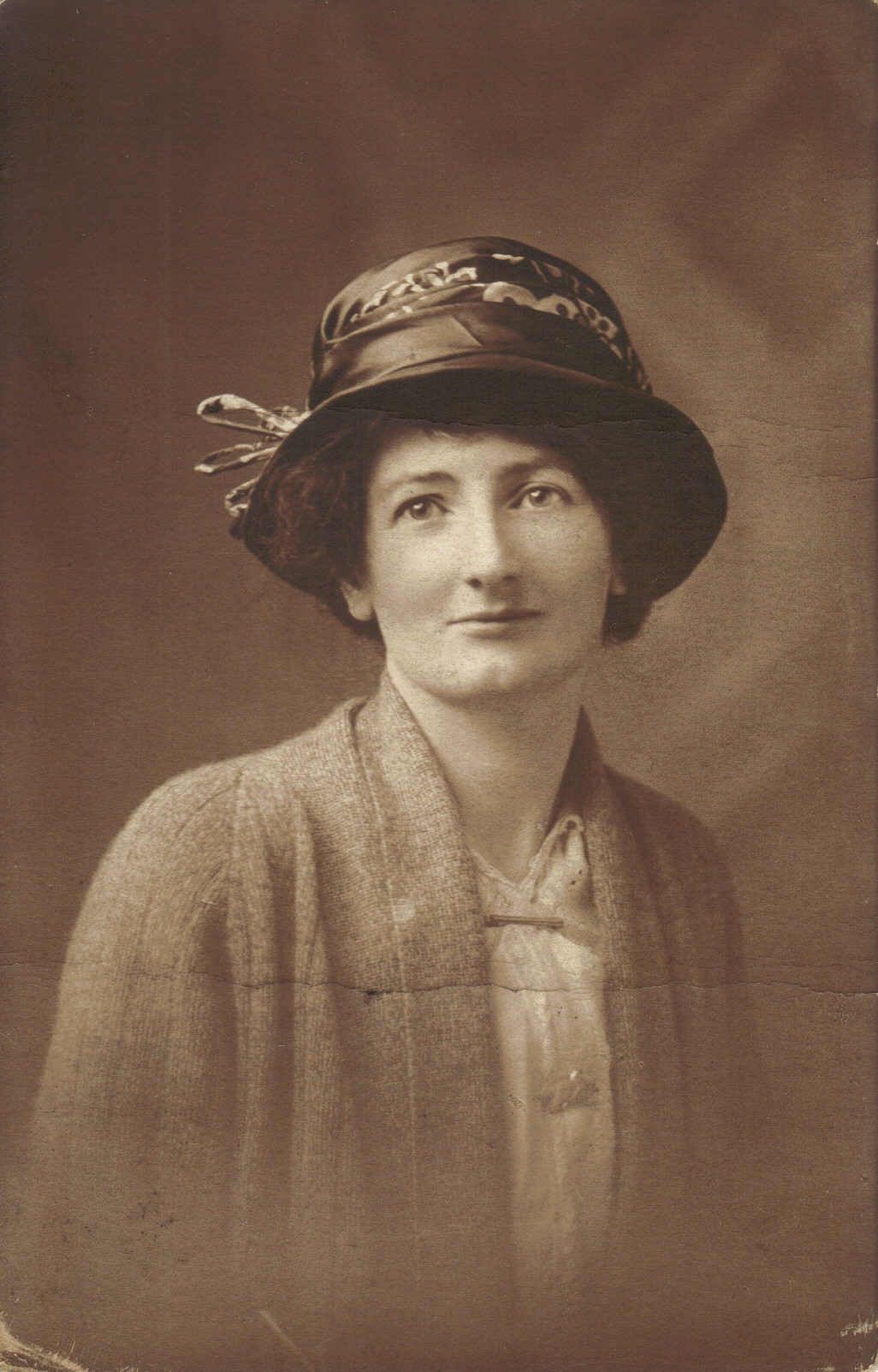In 1914 in an article on her new creative writing group, Lancashire mill-woman Ethel Carnie Holdsworth wrote that “what I feel is that literature up till now has been lopsided, dealing with life only from the standpoint of one class” (“Rebel Pen Club of Working Women”, Christian Science Monitor, 10 Jan).
Sadly, this sentiment is still common today. In 2017, writer Kit de Waal asked ‘Where are all the Working Class Writers’? leading to Unbound’s Common People: An Anthology of Working-Class Writers (2019), a professional development programme run by England’s regional writing development agencies (supported by Arts Council England) and last year’s Common People: Breaking the Class Ceiling in UK Publishing report. Author Natasha Carthew, artistic director of this year’s Festival for Working-Class Writers (21-24 October), asked a similar question in a piece for The Guardian in 2016, addressing the lack of class diversity in children’s literature that she found growing up.
“Literary history and the present are dark with silences”, Tillie Olsen reminds us in her seminal work on the “unnatural silences” of literary history (1965; Virago, 1980). So where we do have models to sustain us, they deserve shouting about.
I’ve being asked to speak about Ethel Carnie Holdsworth at two events around International Women’s Day this year: ‘Working-Class Women Write!’, a conference organised by Dr Sonya Andermahr and the University of Northampton, and last night’s Mid Pennine Arts Pendle Radicals event on Ethel Carnie Holdsworth. At both, it’s exciting to see the new work coming out on working-class women’s writing.
At Working-Class Women Write! we heard from writers Jan Woolf, Paula Boulton and poet Fran Lock about their writing projects. And at MPA’s event, writer Jules Gibb, and creatives Liz and Scott Robinson talked about writing and creating a series of podcasts on Ethel Carnie Holdsworth’s best-known novel, This Slavery (1925), part of a contribution to the BBC Novels project, supported by Lancashire Library Service and Libraries Connected.
I’ve been involved with getting the works of Ethel Carnie Holdsworth back into print since 2010. Her most radical novel, This Slavery (1925) was reprinted by Trent Editions in 2011 (the book was typeset and designed by students Callum Lewis and Rebecca Kirby from the Department of Typography, as part of the department’s Real Jobs scheme). I teach this novel on my part three module, ‘Class Matters’, and it’s always a hit with the students.
Since then I’ve worked with the independent publisher Kennedy & Boyd on an Ethel Carnie Holdsworth series.
We’ve got four works back into print so far: Carnie Holdsworth’s first novel, Miss Nobody (1913, 2013, introduced by Belinda Webb) – probably the first full-length novel published in England by a working-class woman writer; her bestseller, Helen of Four Gates (1917, 2016, introduced by Pamela Fox) – a Pendle Hill take on Emily Bronte’s Wuthering Heights; General Belinda (1924, 2019, introduced by Carnie Holdsworth’s biographer, Roger Smalley) – a picaresque novel of domestic service and critique of the fighting and conscription in WW1; and the most recent, Collected Poems: Rhymes from the Factory, Songs of a Factory Girl and Voices of Womanhood, edited and introduced by Patricia E. Johnson.
More are on their way, including The Taming of Nan (1920), and a volume of Carnie Holdsworth’s short stories for children.
This year we have received AHRC SWW DTP funding for a Collaborative Doctoral Award on Ethel Carnie Holdsworth – ‘Songs of a Factory Girl: Ethel Carnie Holdsworth and Radical Working-Class Writing’, co-supervised by me, Dr Simon Rennie (Exeter) and Nick Hunt from Mid Pennine Arts. We are looking forward to working with Jenny Harper, who brings a wealth of experience and commitment to this PhD project.
There’s still lots to be done in terms of uncovering Carnie Holdsworth’s legacy and making clear her continued relevance. It’s a privilege to be part of this.


